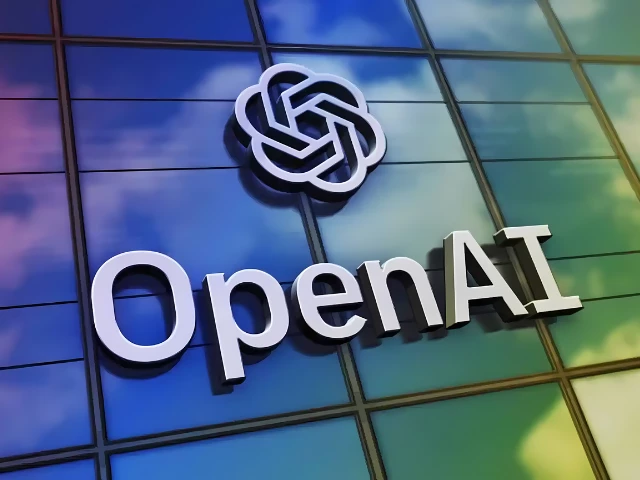OpenAI launches advanced open-source AI reasoning models for developers
OpenAI launches its open-source gpt-oss-120b and gpt-oss-20b models, advancing reasoning with multi-agent capabilities

OpenAI has unveiled two open-source AI reasoning models, gpt-oss-120b and gpt-oss-20b, marking a significant shift in the company’s approach to AI.
The models, announced on OpenAI's website, are now available for free download from the Hugging Face platform.
The models come in two sizes: a larger version designed for high-powered systems and a lighter version suited for consumer-grade laptops.
These models, which build upon the capabilities of OpenAI's proprietary o-series, are the first open-weight models released since the launch of GPT-2.
We released two open-weight reasoning models—gpt-oss-120b and gpt-oss-20b—under an Apache 2.0 license.
— OpenAI (@OpenAI) August 5, 2025
Developed with open-source community feedback, these models deliver meaningful advancements in both reasoning capabilities & safety.https://t.co/PdKHqDqCPf
The new models employ cutting-edge reasoning techniques that allow them to tackle complex queries and process large amounts of information in parallel, leveraging multiple AI agents for better results.
OpenAI has trained the models using high-compute reinforcement learning processes, enabling them to call external tools like web searches and Python code execution.
The company says that while the models are advanced, they currently lack the ability to generate images and audio, unlike their more powerful proprietary counterparts.
The models come at a time when the AI landscape is becoming more competitive, with Chinese labs, including DeepSeek, and Meta’s Superintelligence Lab developing open-source models.
Welcome to @OpenAI on @huggingface! pic.twitter.com/HFjGP6RtjU
— Hugging Face (@huggingface) August 5, 2025
OpenAI’s move is seen as a way to assert its leadership in the open AI sector, responding to both developer demands and growing pressure to support AI that aligns with democratic values.
While OpenAI's new open models have achieved state-of-the-art performance on various benchmarks, the company has acknowledged challenges such as the models’ tendency to “hallucinate” more frequently than larger, more advanced models like GPT-4.
The release comes amid broader global discussions about AI safety and ethical considerations, with OpenAI assuring users that the models were designed with safeguards in place.
OpenAI has also opted not to release the training data used to develop these models, amid concerns over the potential misuse of copyrighted materials.
Our open models are here.
— OpenAI (@OpenAI) August 5, 2025
Both of them.https://t.co/9tFxefOXcg
The introduction of these models is expected to enhance research, development, and commercial opportunities, as enterprises can monetise them under the Apache 2.0 license without seeking further permissions from OpenAI.



















COMMENTS
Comments are moderated and generally will be posted if they are on-topic and not abusive.
For more information, please see our Comments FAQ